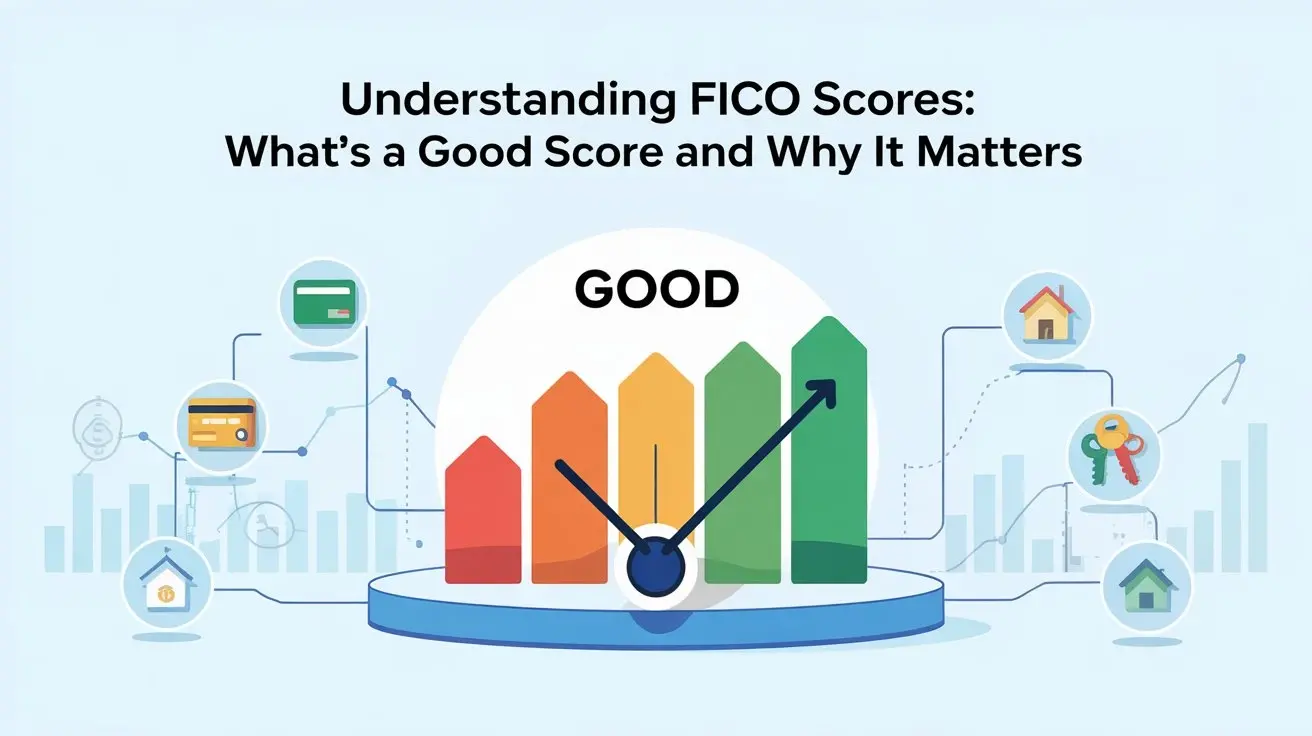What Factor has the Biggest Impact on a Credit Score ?

In the complex world of personal finance, the mysterious credit score is few measures with as much impact. This three-digit score, which represents an individual's creditworthiness numerically, is the secret to getting good interest rates, loan applications, and even rental eligibility determination. Consumers must first understand the elements influencing our credit scores so that we may negotiate the financial terrain more successfully. Among the several factors affecting credit ratings, one is the main driver of change. Here we shall investigate the realm of credit scoring and investigate the element having the biggest influence on this crucial financial indicator.
Understanding Credit Scores:
Establishing a basic knowledge of credit scores will help us to reveal the key components later on. Usually between 300 and 850, credit bureaus create these numerical representations based on a person's credit history. The two most often utilized scoring systems are FICO and VantageScore, which each evaluate creditworthiness using a different technique.
Factors Contributing to Credit Scores:
Many elements affect credit ratings, each of which has a varied weight in the whole computation. There are five primary types of these elements:
Payment History (35%):
Your credit score is mostly formed by timely payments on credit accounts including credit cards, mortgages, and other loans. Regular, on-time payments help you to be creditworthy.
Credit Utilization (30%):
credit utilization is the ratio of your credit limits to your present credit card balances. Relative to your credit limit, high credit card balances can lower your credit score.
Length of Credit History (15%):
Credit scoring systems take into account the length of your credit history—15%. Because it offers a more complete picture of your financial activity, a longer credit history can help to improve your credit score.
Types of Credit in Use (10%):
Ten percent of your credit score may be affected by the variety of credit accounts you have—including credit cards, mortgages, and installment loans. Lenders would consider a combination of several kinds of credit as positive.
New Credit (10%):
Your credit score may change depending on recent credit searches and the opening of new credit accounts. Many questions asked quickly could cause financial instability to be questioned.
The Decisive Factor: Payment History:
Of these elements, payment history turns out to be the most important in determining your credit score. With accounting for a significant 35% of the FICO score, this category shows your credit account payment consistency.
The Impact of Timely Payments:
Your credit score will improve if you regularly pay on credit cards, mortgages, and other debts on time. Payment history evaluates not only payment timeliness but also any occurrences of delinquency, defaults, or bankruptcy.
Late Payments and Their Consequences:
Conversely, late payments could lower your credit score. One missed payment can cause a notable decline that will compromise your capacity to get good interest rates or new credit. Factors including recency, frequency, and degree of late payments will determine the impact's degree.
Tips for Maintaining a Positive Payment History:
Configure automated payments. Use automated payment choices to guarantee prompt settlements and reduce your chance of missing due dates.
Create reminders:
On your calendar or phone, set reminders to keep aware of approaching payment dates.
Emergency fund:
Creating an emergency fund will help you to act as a financial safety net, shielding you from unanticipated events upsetting your payment plan.
Negotiate with creditors:
Think about contacting your creditors to investigate different payment options during rough financial times.
Monitor your credit report:
Review your credit report often to find any errors or variances that might be influencing your payment record.
Conclusion:
In essence, payment history is the most important aspect affecting credit scores even if several elements influence them. Apart from greatly improving a credit score, timely payments offer doors to good financial opportunities. Knowing the weight of payment history helps people to take charge of their financial situation, therefore promoting a safer and richer future. Let us not undervalue the influence of a small but effective action - paying our bills on time as we negotiate the complex field of personal finance.
To get your credit score right now, call (888) 804-0104!
Related Stories
Recent Posts
Understanding Your Finances: The Power of a Debt-to-Income Ratio Calculator
How to Repair a Low Credit Score: A Comprehensive Guide
Understanding FICO Scores: What’s a Good Score and Why It Matters
How to Prequalify for a Home Loan: A Step-by-Step Guide
Understanding Your Credit Score: A Comprehensive Guide to Credit Score Viewers



